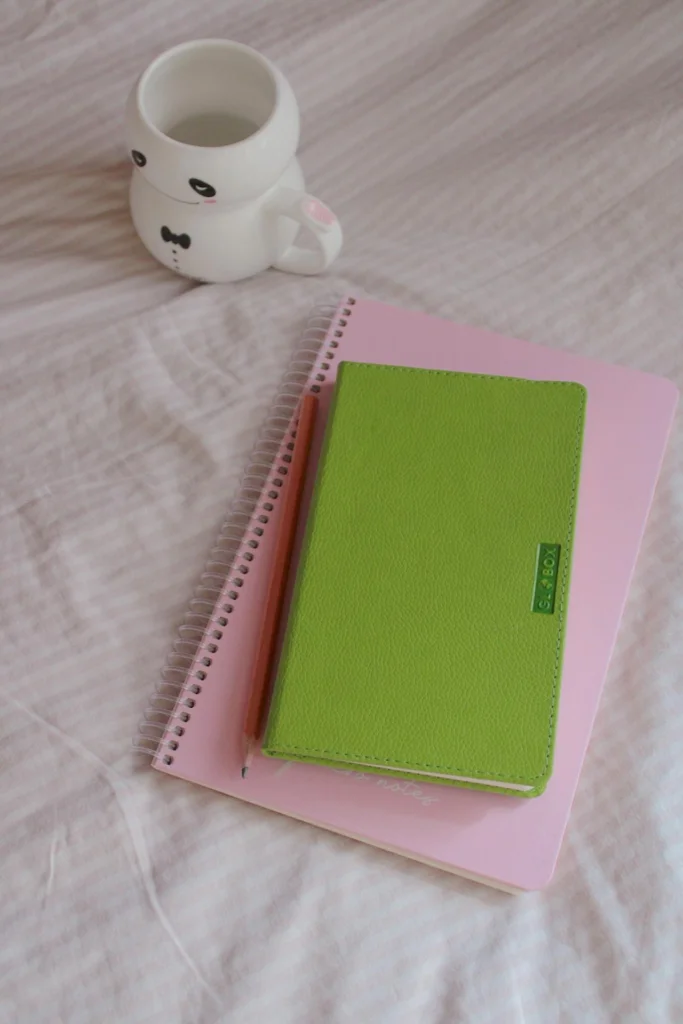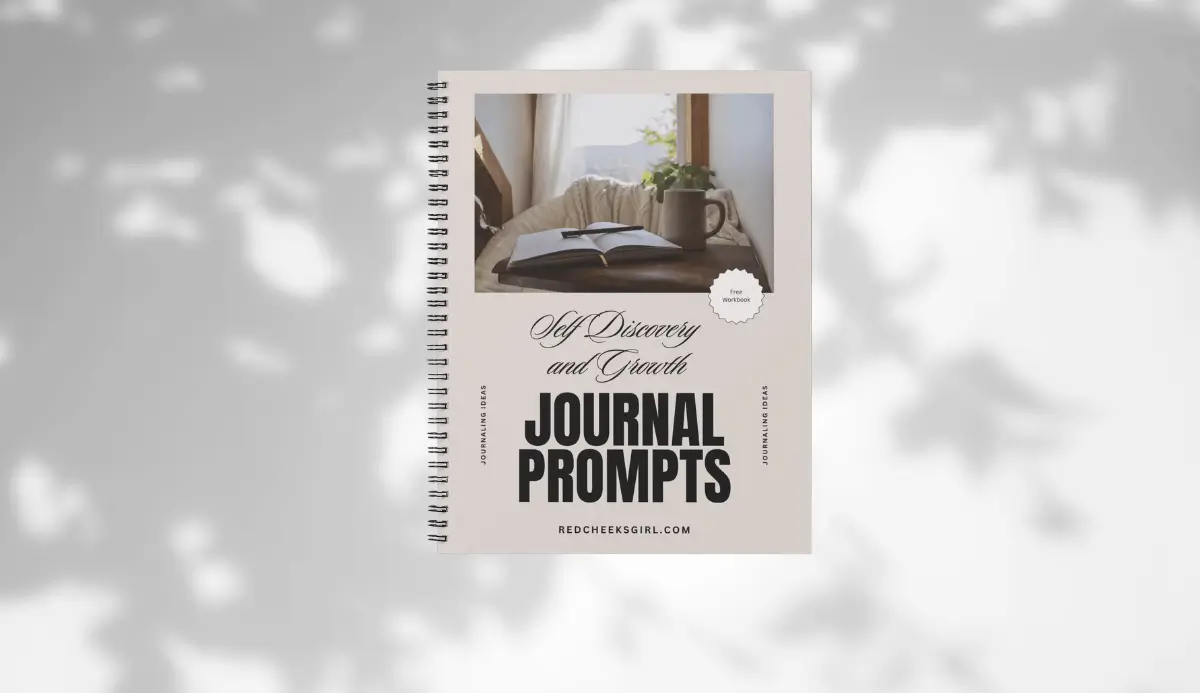
You’re sitting there, staring at a blank notebook, convinced you need perfect cursive and a $50 journal before you can even start. Meanwhile, your thoughts are racing, begging to be captured on paper! Here’s the truth: those “rules” about journaling? They’re complete myths that keep you stuck in analysis paralysis. I’ve watched countless people sabotage their own growth because they believed these five devastating misconceptions. Ready to shatter them once and for all?
You Need Perfect Handwriting and Expensive Supplies to Journal Properly
When you think about starting a journal, you might picture those Instagram-worthy bullet journal spreads with perfect calligraphy and rainbow-colored pens scattered across marble desks. Stop right there! You’re letting perfectionism kill your power before you even begin.
Your messy handwriting tells your authentic story better than any aesthetically pleasing penmanship ever could. That napkin you scribbled on during lunch? That’s journaling too! You don’t need fancy supplies to reveal your potential.
Grab whatever’s handy – a basic notebook, your phone’s notes app, even minimalist journal supplies from the dollar store. The magic isn’t in the tools; it’s in your commitment to showing up. Your thoughts deserve space regardless of how “pretty” they look on paper.
Remember that digital organization can be just as effective as traditional pen-and-paper methods, so don’t let the myth of needing physical supplies hold you back from capturing your thoughts wherever you are.
Journaling Must Be Done Every Single Day to Be Effective

Many people give up on journaling because they’ve bought into the myth that consistency means perfection – that missing even one day somehow ruins everything you’ve built.
Missing one day doesn’t erase your progress – consistency is about showing up over time, not achieving perfection.
Here’s the truth: flexible journaling habits work better than rigid daily schedules! You don’t need to chain yourself to your notebook every single morning. Power comes from finding what actually works for your life, not from following someone else’s rules.
Consider these variety of journaling schedules that successful people use:
- Weekly power sessions – One intensive 30-minute session covering the week’s highlights
- Emotion-triggered writing – Journaling only when you need to process something important
- Project-based entries – Writing specifically about goals, decisions, or challenges you’re facing
Stop letting perfectionism kill your progress! Three thoughtful entries per week beat seven rushed, resentful scribbles every time.
Just like the brain dump technique used by organized people, journaling becomes most powerful when it serves as a mental release valve rather than another rigid obligation on your schedule.
You Have to Write Long, Deep Entries About Your Feelings
Although therapy-speak has invaded journaling culture, you absolutely don’t need to plunge into your childhood trauma every time you pick up a pen! Your journal entries can be as simple as “Had coffee, felt good” or “Boss annoyed me today.” That’s it!
Write whatever comes to mind first. Spontaneous writing is encouraged because it captures your authentic thoughts without overthinking. List three things you noticed today, jot down a weird dream, or complain about traffic – emotional expression is sufficient in any form.
You’re building a powerful habit, not conducting therapy sessions! Short, honest entries create momentum and keep you coming back. Save the explorations for when you actually want them, not because you think you should.
Simple prompts like “What activities make me lose track of time?” can guide your writing without requiring emotional deep dives into complex feelings.
Real Journaling Requires Profound Insights and Life-Changing Revelations

The pressure to uncover earth-shattering revelations every time you journal is complete nonsense! You’re sabotaging yourself before you even start. Mundane observations suffice – they’re actually the foundation of powerful self-awareness.
Stop hunting for profound revelations in your journal – mundane observations are the real foundation of powerful self-awareness.
Three truths that’ll liberate your journaling:
- Daily mundane details reveal patterns – Your coffee preferences, sleep quality, and mood fluctuations create a data goldmine for understanding yourself
- Small insights compound into big changes – Notice how you react to traffic jams, and you’ll discover your stress triggers
- Boring entries count as real journaling – “Had cereal for breakfast, felt tired” is legitimate journaling
Transformative experiences unnecessary! Stop waiting for lightning-bolt moments. Your ordinary thoughts, reactions, and observations are treasure troves of self-knowledge. Power comes from consistency, not profundity.
When you track these everyday moments, you’re naturally developing emotional awareness by recognizing patterns in your feelings and their triggers.
Digital Journaling Doesn’t Count as “Real” Journaling
Digital journaling snobs drive me absolutely crazy! They act like typing your thoughts somehow makes them less valid, less authentic, less powerful. That’s complete nonsense!
Your journal’s medium doesn’t determine its impact – your commitment does. Whether you’re scribbling in a leather-bound notebook or typing on your phone, you’re still processing emotions, clarifying thoughts, and building self-awareness.
Sure, you might’ve a physical writing preference, and that’s totally fine! But don’t let format snobbery stop you from starting. Use distraction free apps if screens work better for you. The goal isn’t perfect penmanship – it’s consistent reflection.
Your digital thoughts carry the same weight as handwritten ones. Stop letting format gatekeepers control your journaling destiny!
Digital platforms can even enhance your journaling experience by combining multiple self-care components like mood tracking, gratitude prompts, and goal setting all in one organized space.
Conclusion
You’ve got this! Stop letting these myths hold you back from starting your journaling journey. Grab whatever pen you’ve got, open your notes app, or scribble on napkins – it doesn’t matter! Your authentic voice matters more than perfect penmanship, profound insights, or expensive journals. Start messy, start imperfect, start today. Recall, consistency beats perfection every single time. Your future self will express gratitude for taking that first brave step forward!





Leave a Reply